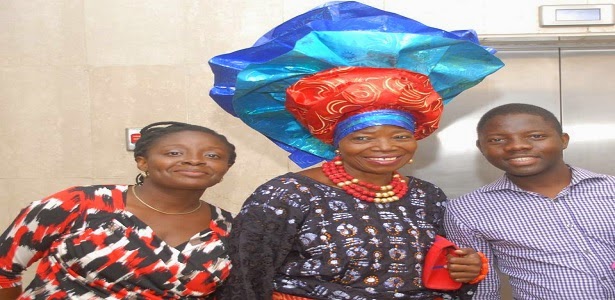a
Muli Bwanji,
It’s been wet in the city of Lagos in the last few hours, those on my social media would have seen the video on flash flood around Idi-Iroko; Ikorodu road. I have come to greet you in Bemba language of Zambia which means ‘Hello’.
As human, we have disagreement with our friends and families from time to time. Some people would want to mediate but they do not take time to listen to both parties before arriving at conclusions. Yoruba sages in their wisdom described this in a proverb that says, ‘agbo eje apa kan da agba osika ni’ transliterated as a judge who hears from a party and gives a verdict has committed a dastard act.
Jungle Justice is a situation in which a person is judged with a bias and also taking laws into their hands. The person narrating and the person judging are the perpetrators of jungle justice. People who grew up in Nigeria can remember the days when petty thieves are caught in the neighbourhood and people take laws into their hands by burning them with tyres. Jungle justice leads to name calling amongst others. The deadliest forms of jungle justice is gossip; the extent the words would travel cannot be determined.
Analytical Judgment is when people are objective in their conclusion. They take time to ask questions; invite the two parties for reconciliations; they allot blames, correct both parties and resolve the entire crisis. This set of people are honourable and forthright. People with such mind-set are usually incorruptible.
People that carry out analytical judgement can be attacked for being confrontation but they would surely be vindicated for being upright. Those who are known for carrying out jungle justice are put to shame when they are apprehended.
Analytical Judges are needed at all spheres of life, would you join the train?
Enjoy the rest of the week.
Cheers!
Olu
For more articles on Versus Series, kindly visit www.versusseries.blogspot.com; call 07062021341 or send an email to peodavies@gmail.com






















